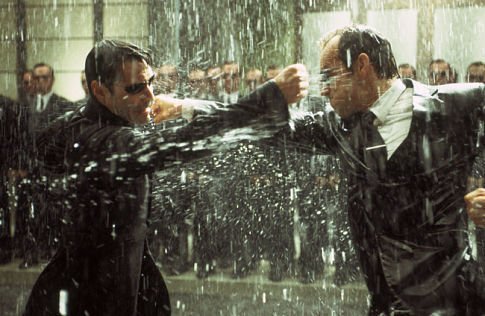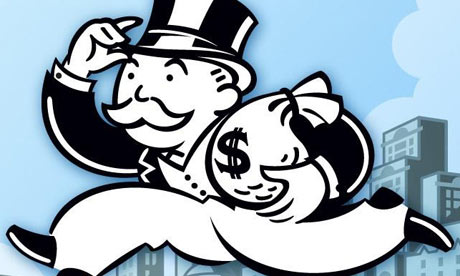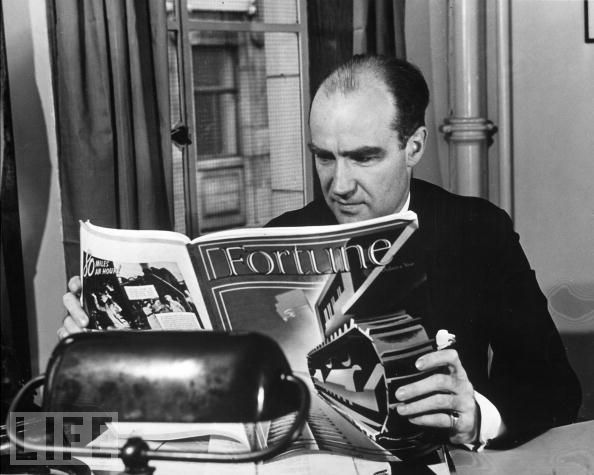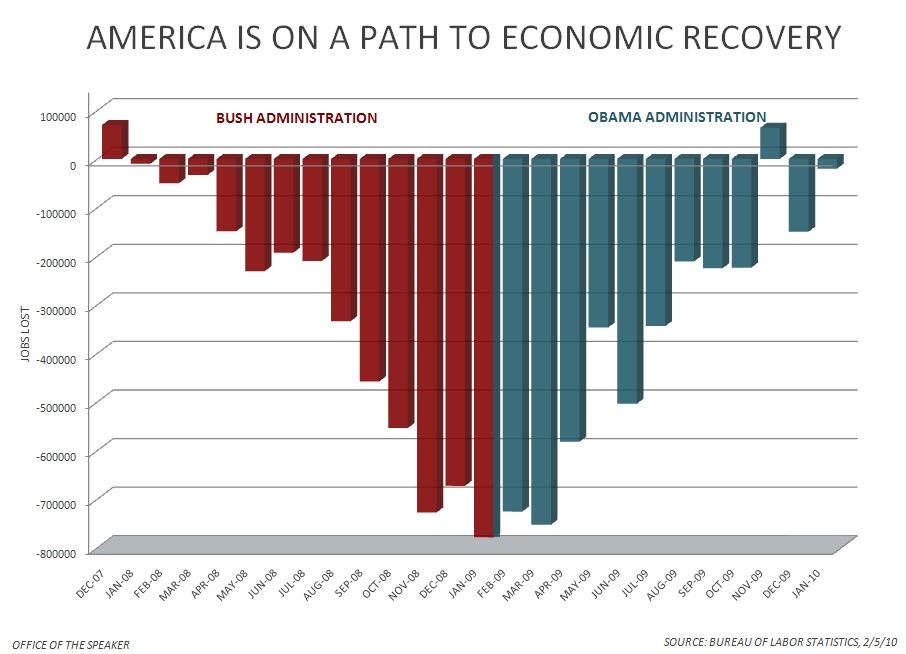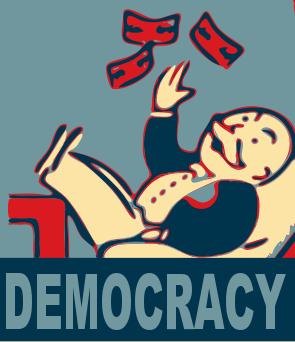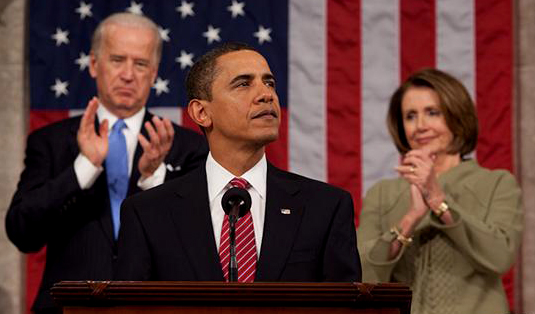
“I know that we haven’t agreed on every issue thus far, and there are surely times in the future when we will part ways. But I also know that every American who is sitting here tonight loves this country and wants it to succeed. That must be the starting point for every debate we have in the coming months, and where we return after those debates are done. That is the foundation on which the American people expect us to build common ground.“
They do? I thought they expected change we can believe in. But worn-out nods to an elusive, ephemeral, and, given the current GOP, often undesirable bipartisanship does not constitute such. In any event, so concluded the President’s State of the Union address last Thursday. This is old news at this point, so I’ll keep it brief. Suffice to say, while it got better as it went along, I thought the speech was merely ok, and often troubling. Throughout the evening, the president’s remarks had that excessively-poll-tested, small-bore feel that conjured up grim odors of 1995 and 1996. Throw on a flannel and fire up the Pulp Fiction soundtrack, y’all: One year into the Obama era, are we already back to V-chips and school uniforms?
Part of the president’s problem is that the Senate is looking like the elephant’s graveyard of progressive-minded legislation right now. The president called for an energy reform bill. The House went out on a limb to pass one last June. The president called for a financial reform bill. The House passed one in December. The president called for a new jobs bill. The House also passed one in December. All of these bills, and many, many others, are languishing in the Senate right now, as Sen. Reid and others try to figure out how to somehow get something — anything! — passed with a larger majority than Dubya ever enjoyed.
The Senate issue aside, there were other problems in the President’s speech, including far too many nods and feints in the direction of ridiculous deficit peacocks like Judd Gregg and Evan Bayh. First off, at the risk of sounding like Dick Cheney, I tend to think that deficits are troubling, but, even in the best of times, they shouldn’t really be the foremost driving concern of our government policy. If we run a deficit to invest in education now, we’ll save money down the road and improve Americans’ quality-of-life to boot. (Put in somewhat ugly fashion, it’s invest in schools now or prisons later.)
And that being said, right now is emphatically not the best of times. We know exactly what happens when you cut spending too quickly after a virulent recession — It was called the 1937 Roosevelt recession, and it would be flagrantly idiotic to repeat it. Just because the GOP doesn’t seem to understand basic Keynesian economics doesn’t mean we should follow them down the rabbit hole of flat-earth thinking, just so we can look bipartisan.
No, the problem with deficits isn’t necessarily the running of a deficit. It’s the running-up of massive deficits for patently stupid reasons — like, say, prosecuting a war of choice in Iraq, or doling out excessive tax breaks to multi-millionaires. And that’s why some of the President’s nods in that direction were so irritating last Thursday. Calling for a spending freeze on discretionary spending, without touching the exorbitant “security-related” budget (cute euphemism, that), is kabuki theater at best. And at worst, you’re balancing the books at the expense of our most vulnerable citizens. (I tend to agree with Candidate Obama on this issue anyway.)
Similarly, this deficit commission which the president plans to foist on Congress by executive order after the Senate killed it, is, again, at best kabuki theater and at worst trouble. It’s clear to everyone involved that the entire point of this commission is CYA: i.e, to create political cover for raids on entitlement spending, while once again ignoring the grotesquely swollen defense budget. (Altho’, to be fair, Secretary Gates has at least tried to rein in growth in this sector.) In other words, this commission will basically just be a chance for deficit peacocks to pretend they’re Serious People and “make tough decisions,” while in fact the one really tough idea that actually needs to be tackled — reining in defense spending — will be completely avoided.
In any event, all this discussion of the deficit ignores the larger problem. Obviously, one of the president’s biggest charges coming into office was to restore economic sanity after eight years of Dubyaite excess. That being said, people were not looking to President Obama for this sort of deficit tsk-tsking and small-bore, fiddling around the margins. You’d think we Dems would have learned this by now. But curling up into a fetal position and mouthing moderate GOP-lite bromides will not stop the Republicans from kicking us, ever.
We have a Democratic president, an 18-seat majority in the Senate, and a 79-seat majority in the House. In short, we Dems need to keep thinking big or we will pay dearly at the polls this November. Perhaps the dysfunction of the Senate is the central problem Obama faces right now, but his speech nonetheless suggests that we’re getting dangerously close to Eisenhower Republican territory now, and not even in the good “the military-industrial complex is completely frakked” kinda way. Without vision, the people perish. So too will our party, if we keep up with this thin gruel, triangulation schtick. At the advice of the careerist DLC-types over the years, we have tried this path several times over — Put simply, it does not work.
